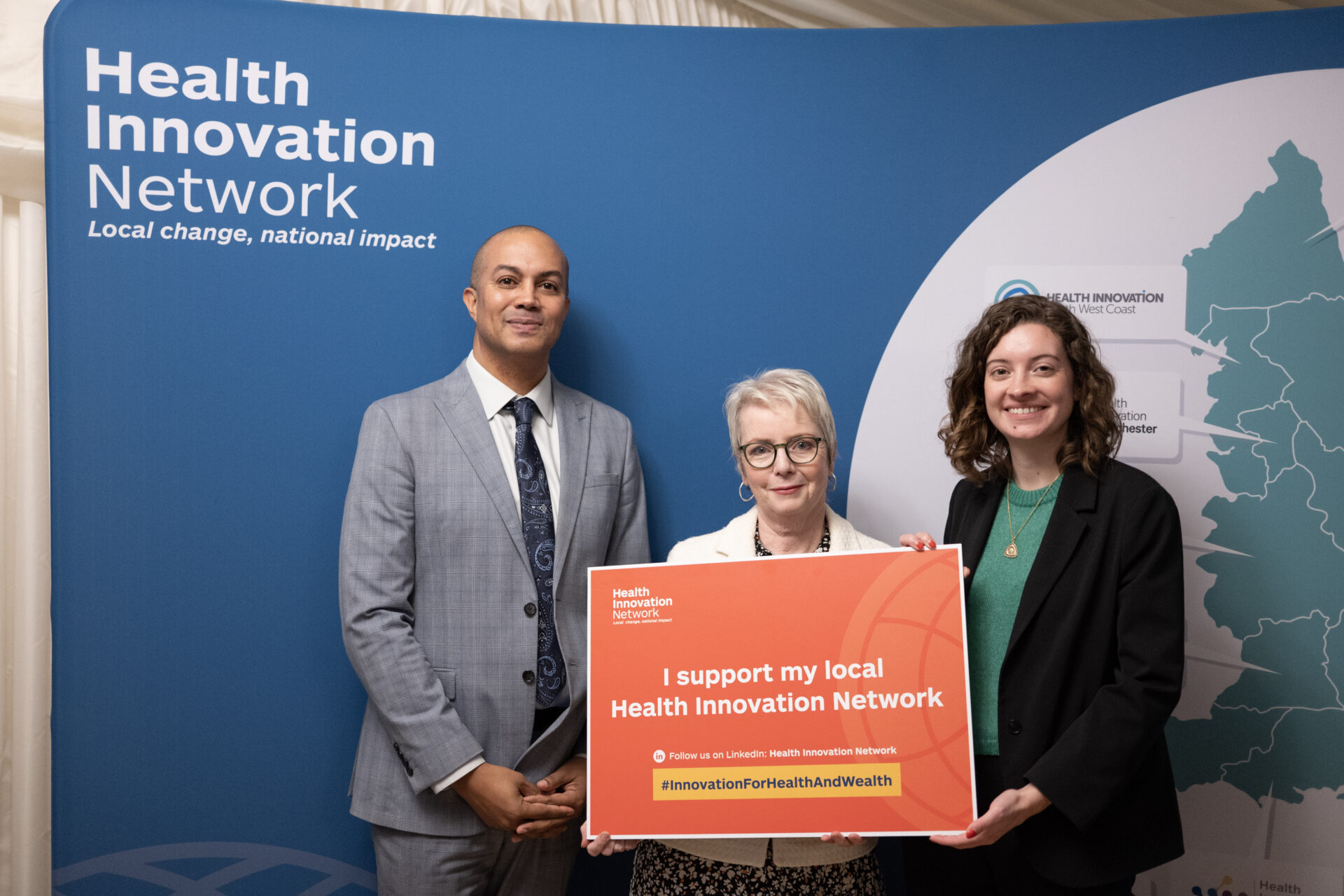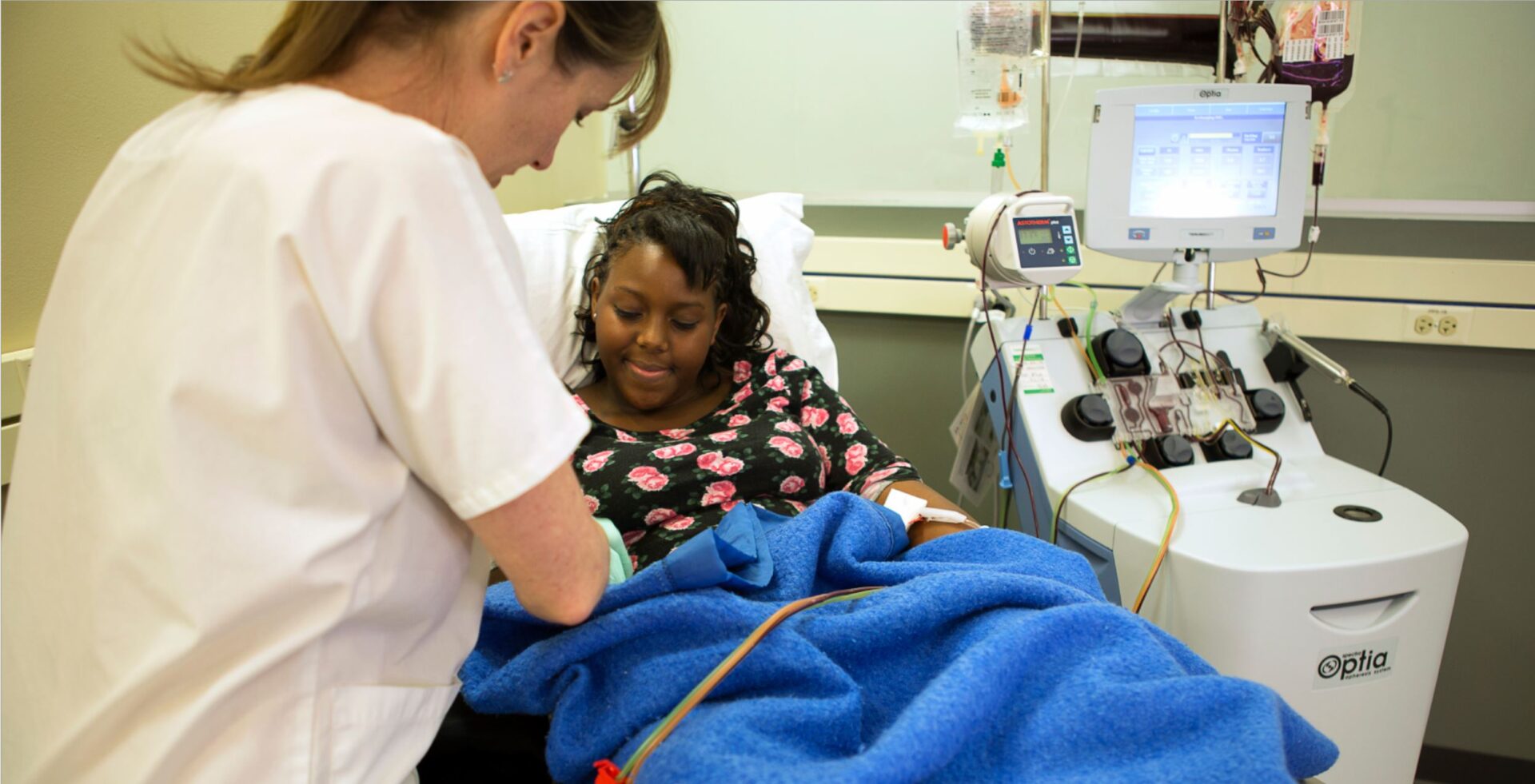Sickle cell patients have helped identify key priorities to improve access to treatment across England.
Published in a new report entitled ‘Appropriateness in access to automated red cell exchange: the patient perspective’, the five priority areas within the sickle cell treatment pathway that require attention and improvement are:
- Informed decision-making and talking to clinicians;
- Out of hours care for sickle cell
- Travel and transport arrangements
- Barriers in attending treatment: pain, fatigue and waiting times
- Pain relief: waiting times, under prescribing and overdose
The findings in the report stem from data obtained from a national survey and insights gleaned from a webinar attended by clinicians and patients living with sickle cell disease.
This research was a collaboration between NHS England’s Patient and Public Involvement and Engagement Team in the Innovation, Research and Life Sciences Group, Haemoglobinopathy Coordination Centres, the Sickle Cell Society, and Health Innovation Yorkshire & Humber.
In the UK, approximately 15,000 individuals live with sickle cell disease, a debilitating condition that significantly impacts people’s lives. People living with this disorder can experience episodes of severe pains and are at greater risk of complications such as stroke, acute chest syndrome, blindness, or bone damage.
As part of NHS England’s MedTech Funding Mandate policy, the Health Innovation Network was tasked with increasing access to Spectra Optia® Apheresis System device, one of the technologies supported through the programme, addressing longstanding inequalities reported by patients in accessing the right care.
A number of initiatives have already been implemented. These include work with Terumo, the manufacturer of the Spectra Optia® Apheresis System device, and the Sickle Cell Society to produce an avatar in English and French to help patients understand their treatment options, and how automated red blood cell exchange is not just for emergencies, but can be accessed routinely every few weeks by eligible patients.
Harriet Smith, National Programme Lead for Spectra Optia, at Health Innovation Yorkshire & Humber, said: “It’s imperative that we collaborate to ensure universally excellent care and treatment, regardless of one’s location or identity. The insights gained from the national survey provide a roadmap for positive change.”
John James OBE, CEO of the Sickle Cell Society, added: “In the journey to transform sickle cell care, patient-centred solutions are paramount. By addressing the key challenges revealed in our national survey we pave the way for a more inclusive and effective healthcare system.”
Zoe Hamilton, National Programme of Care Manager, Blood & Infection, Specialised Commissioning NHS England, added: “Incorporating the perspectives and experiences of patients in the design of health and care services is essential. Patient involvement ensures that services are not only medically effective but also genuinely responsive to the diverse needs, preferences, and challenges faced by individuals, fostering a more compassionate, person-centred approach to healthcare.”

Join us on 11 and 12 June in Manchester to find out how the Health Innovation Network is improving health and driving wealth through health innovation. This year we’ll be joined on our stand by 18 Network-supported innovators, showcasing innovations which are helping to deliver the Government’s three shifts for the NHS and solve some [...]

The Health Innovation Network is delighted to announce the launch of Innovation Insights, a brand-new webinar series designed to highlight the latest in health innovation, offering attendees valuable insights into the adoption and spread of innovation within the health and care landscape. Each interactive webinar will feature: Expert presentations: Delivered by thought leaders across [...]

The Health Innovation Network, at an event sponsored by Sarah Coombes MP, brought together parliamentarians including Health Minister Karin Smyth MP and Chair of the Science, Innovation and Technology Committee, Chi Onwurah MP to meet with six innovators supported by health innovation networks across the country and their NHS partners. At the Meet the Innovators: [...]






